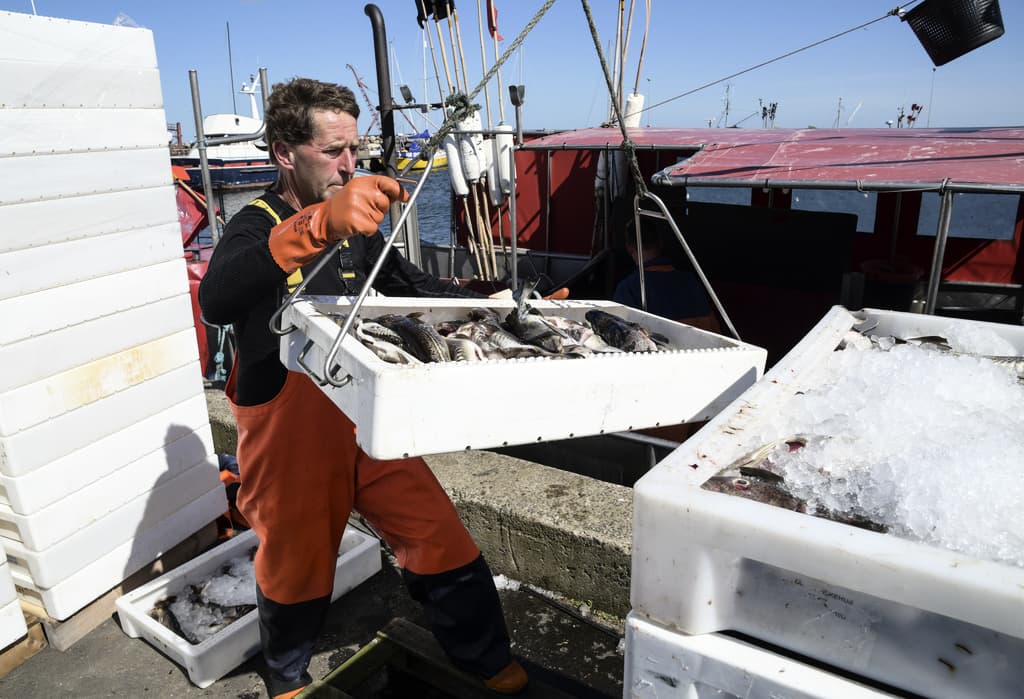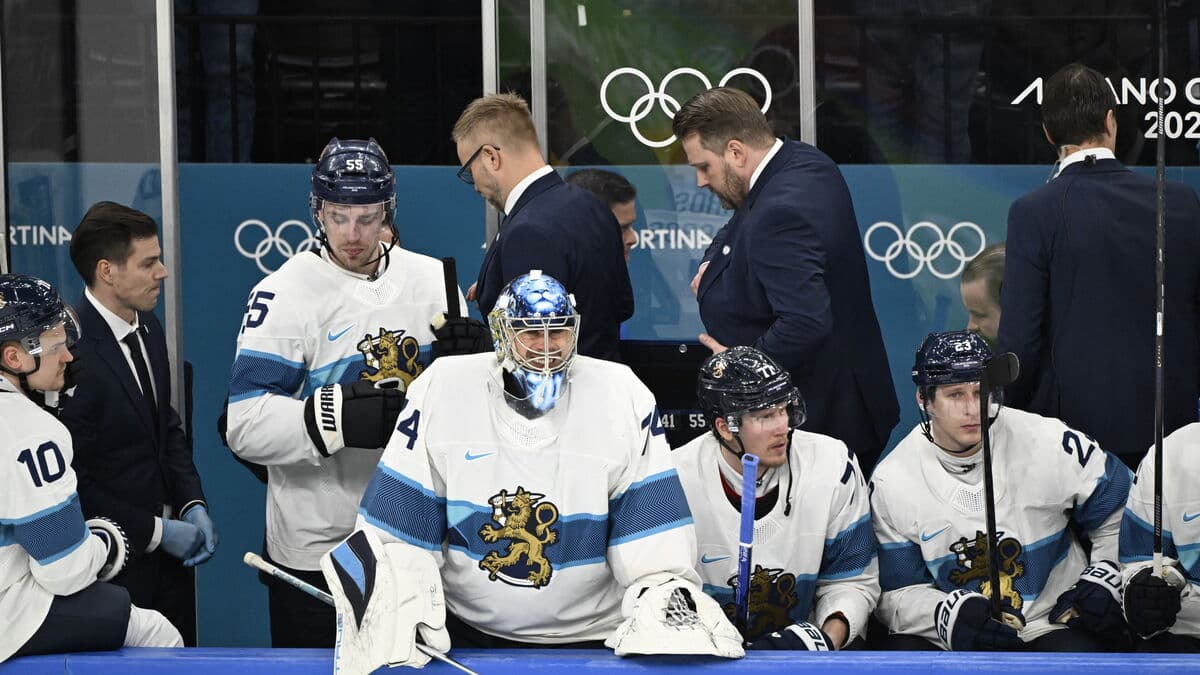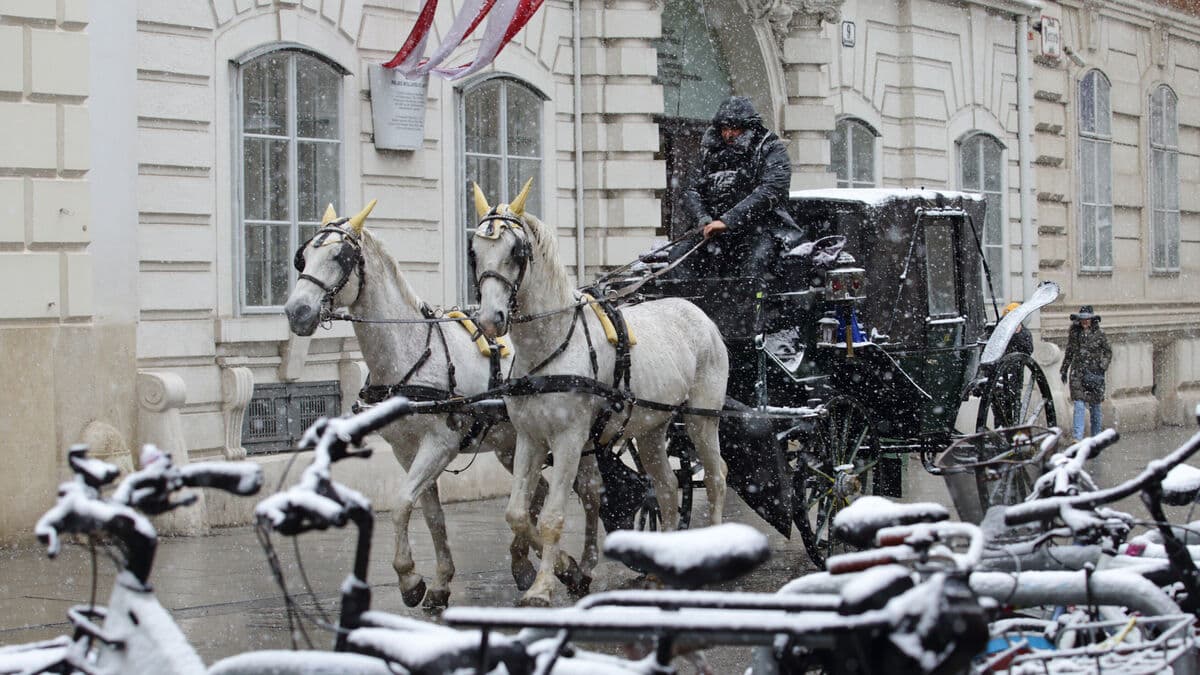Russian fishing in the Baltic Sea sparks anger in the EU.
Stop the bloody imports, Lithuania urges.
Norway's fishing in the west also raises concerns.
At the EU's agriculture and fisheries ministers' meeting in Luxembourg on Monday, harsh words were directed at Russia from the Lithuanian Environment Minister Kestutis Navickas.
This country disregards sustainability requirements and sets its own catch quotas unilaterally, says Navickas, referring to calculations that Russian fishermen caught 798 tonnes of cod in the Baltic Sea last year, compared to just two tonnes – and only as bycatch – for their Lithuanian colleagues.
Lithuania has already banned Russian and Belarusian fish from its markets and would like to see similar measures across the EU.
We urge a complete stop to the bloody fish imports, says Navickas.
However, it's not just Russia's fishing that is being criticised. Several EU countries are also pointing fingers at Norway and the UK for their fishing in the west.
We note that fishing in the North-East Atlantic generally takes place at sustainable levels. However, a majority of stocks are managed with third countries, and we are concerned that these countries are more interested in increasing their shares than in discussing sustainable management, notes, for example, Sweden's representative at the meeting, State Secretary Dan Ericsson.
The criticism paves the way for tough talks when catch quotas for 2025 are set and negotiated in the autumn.






